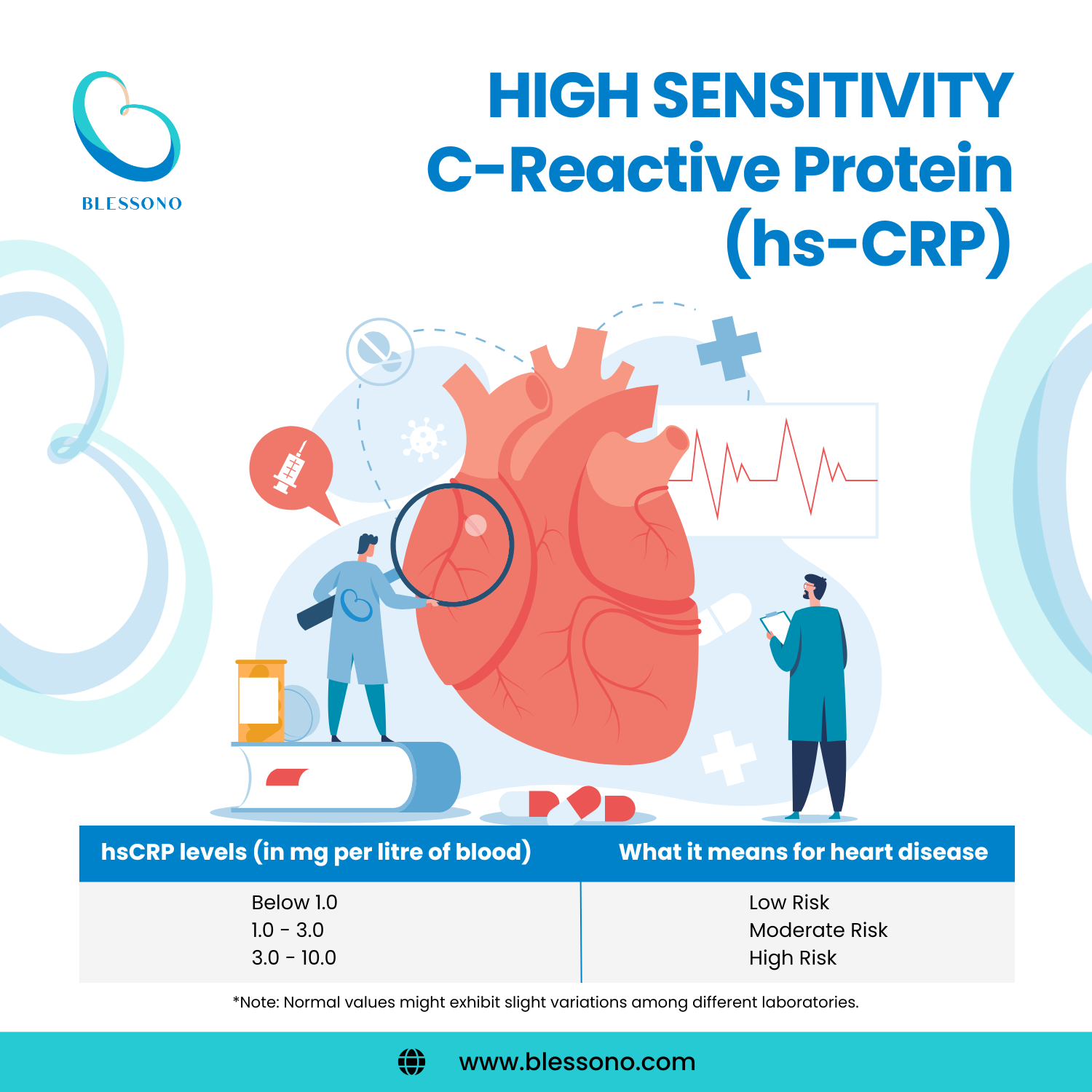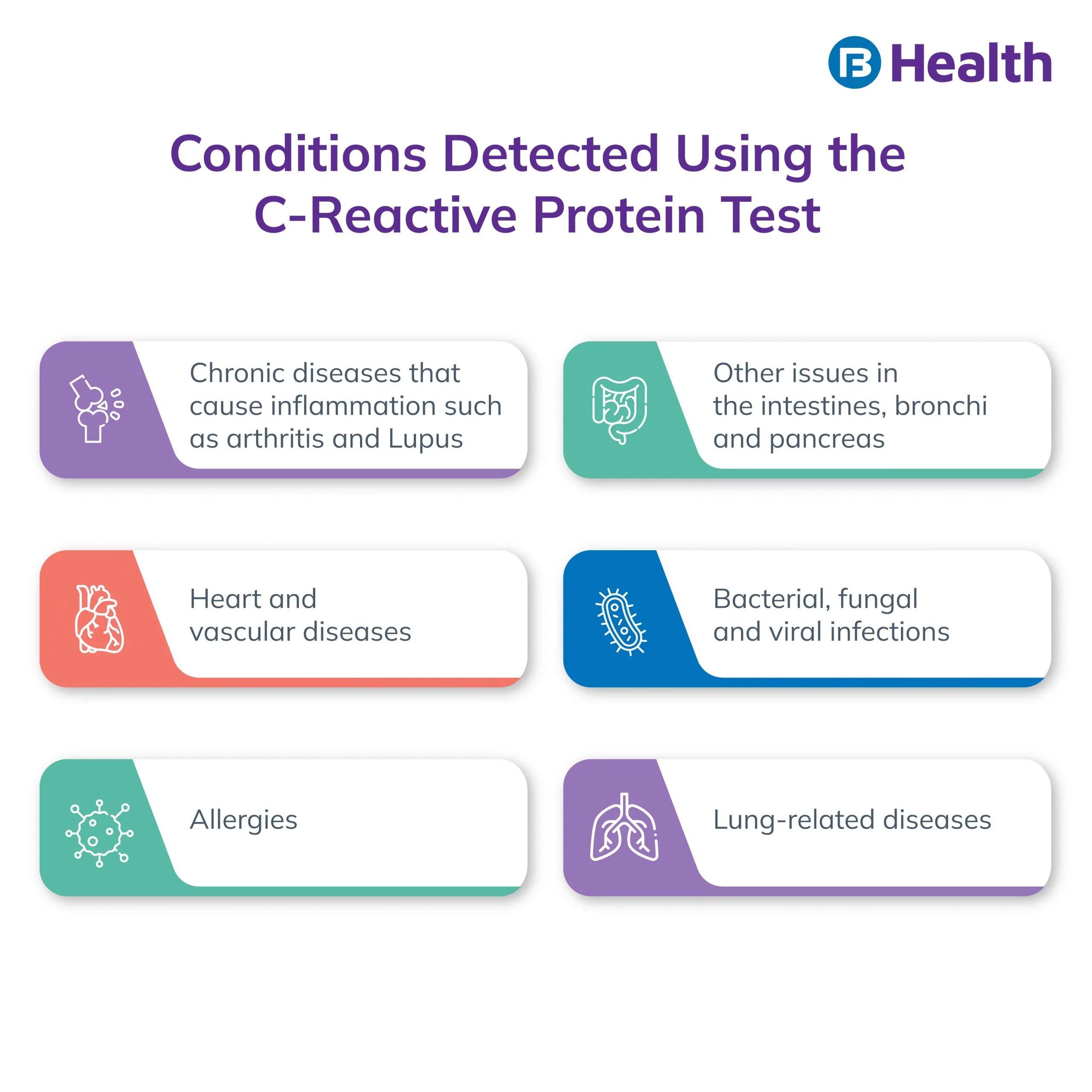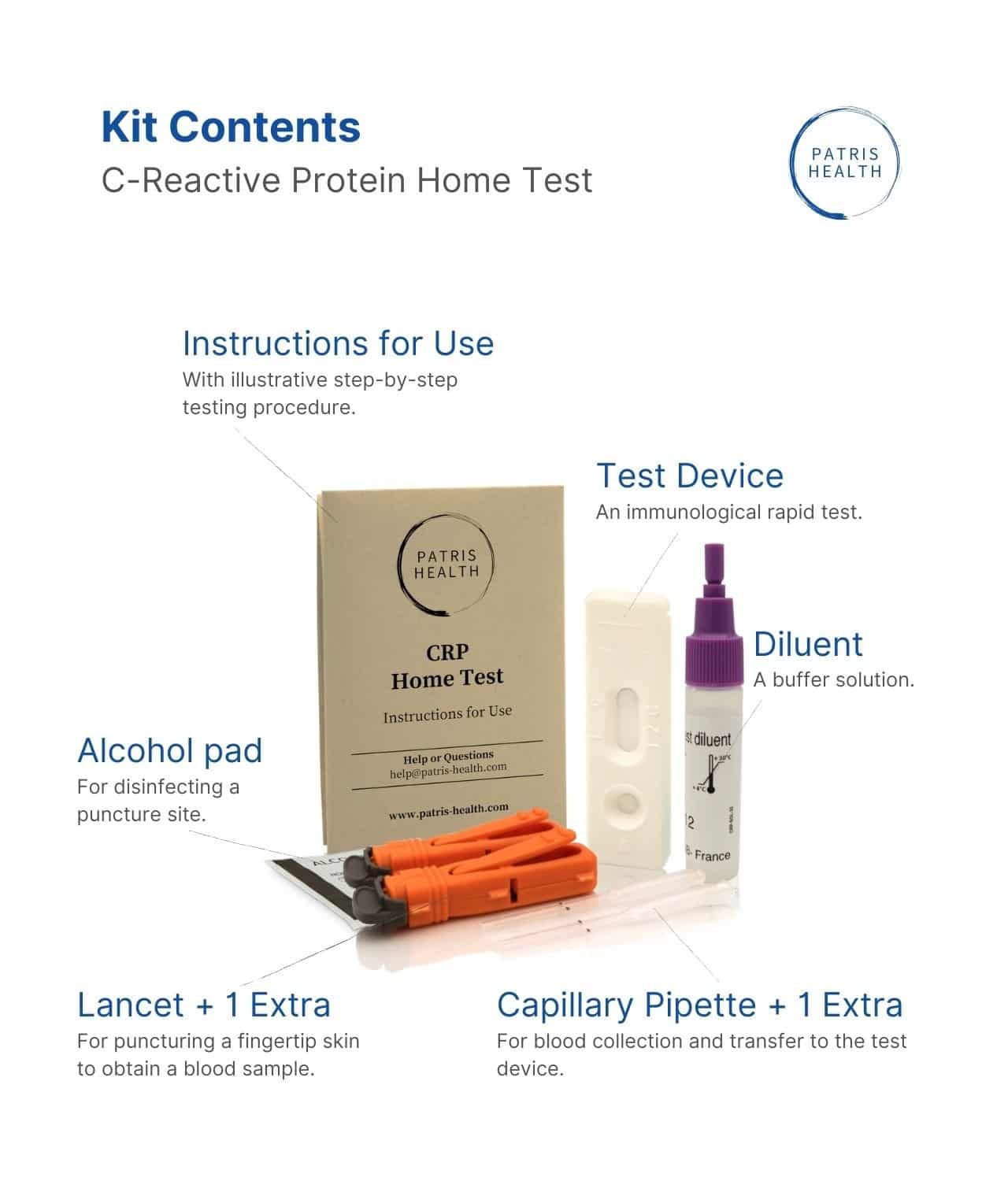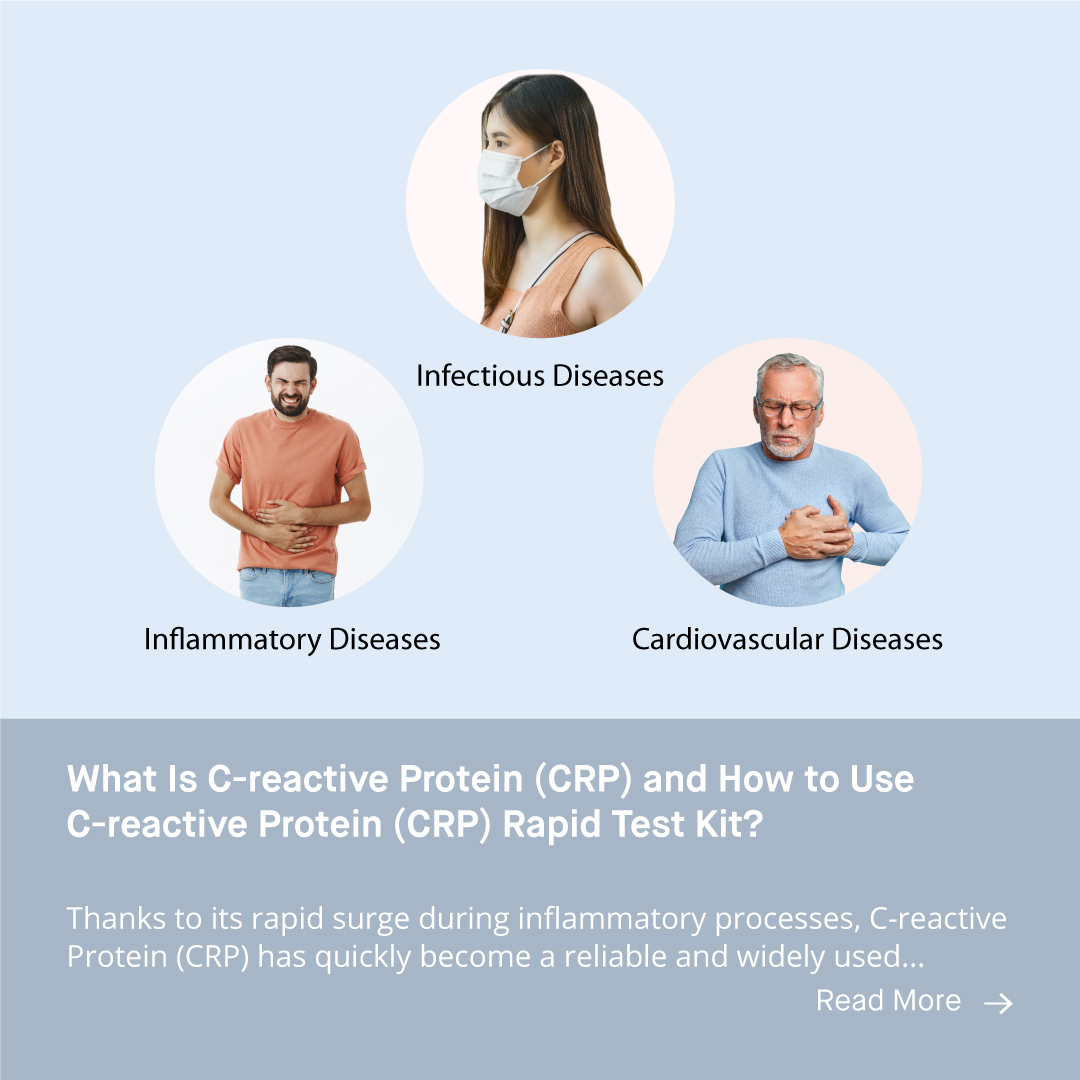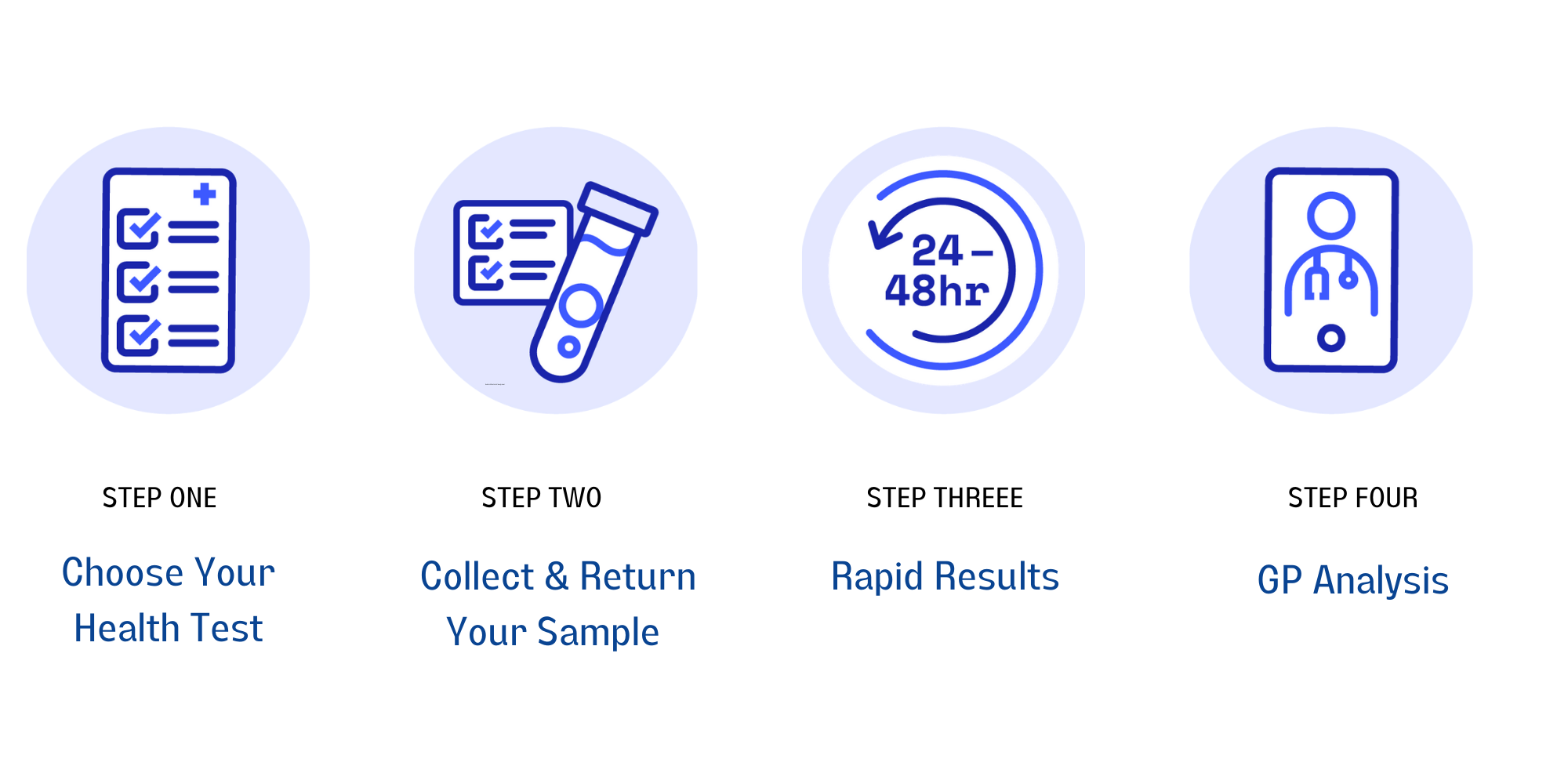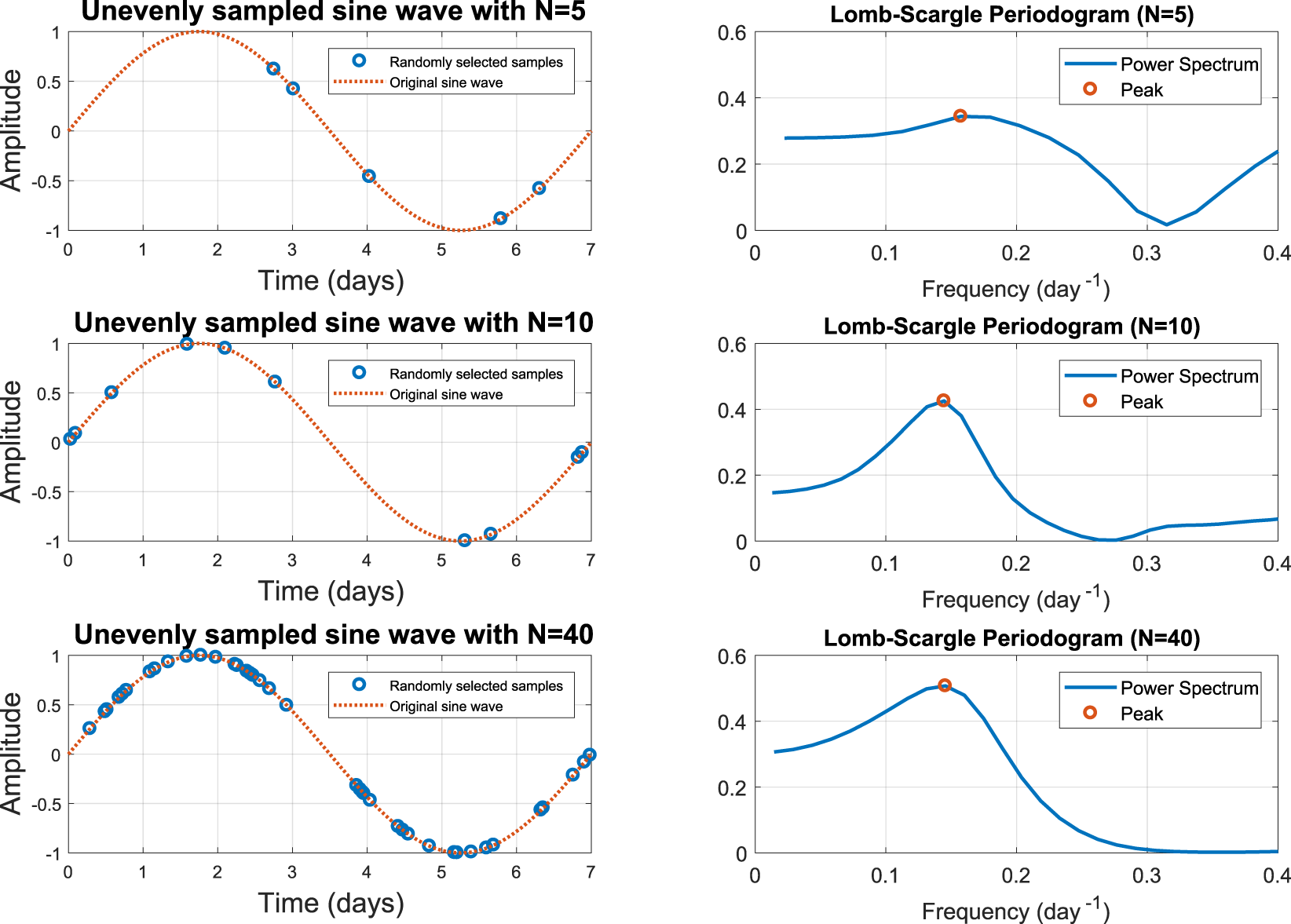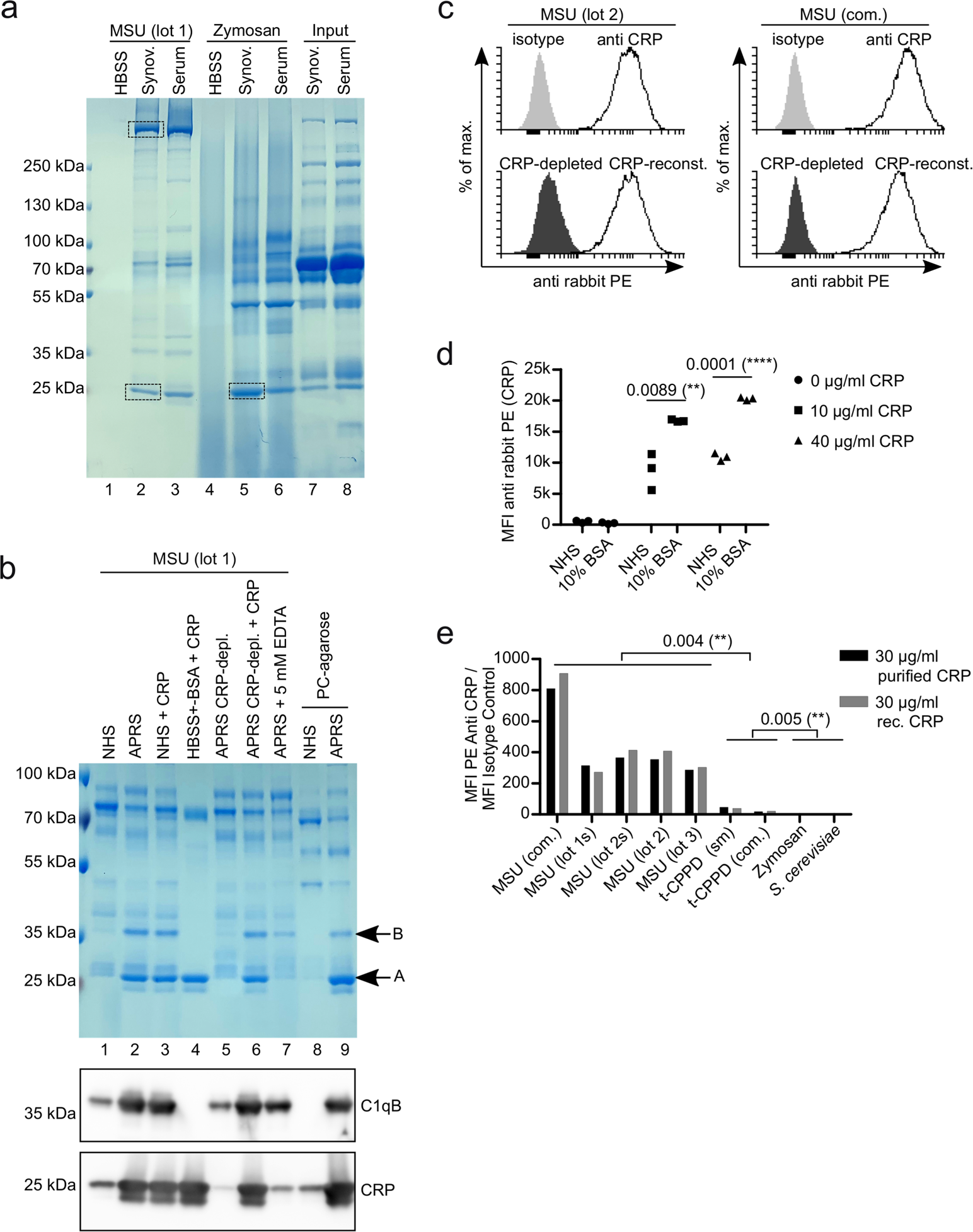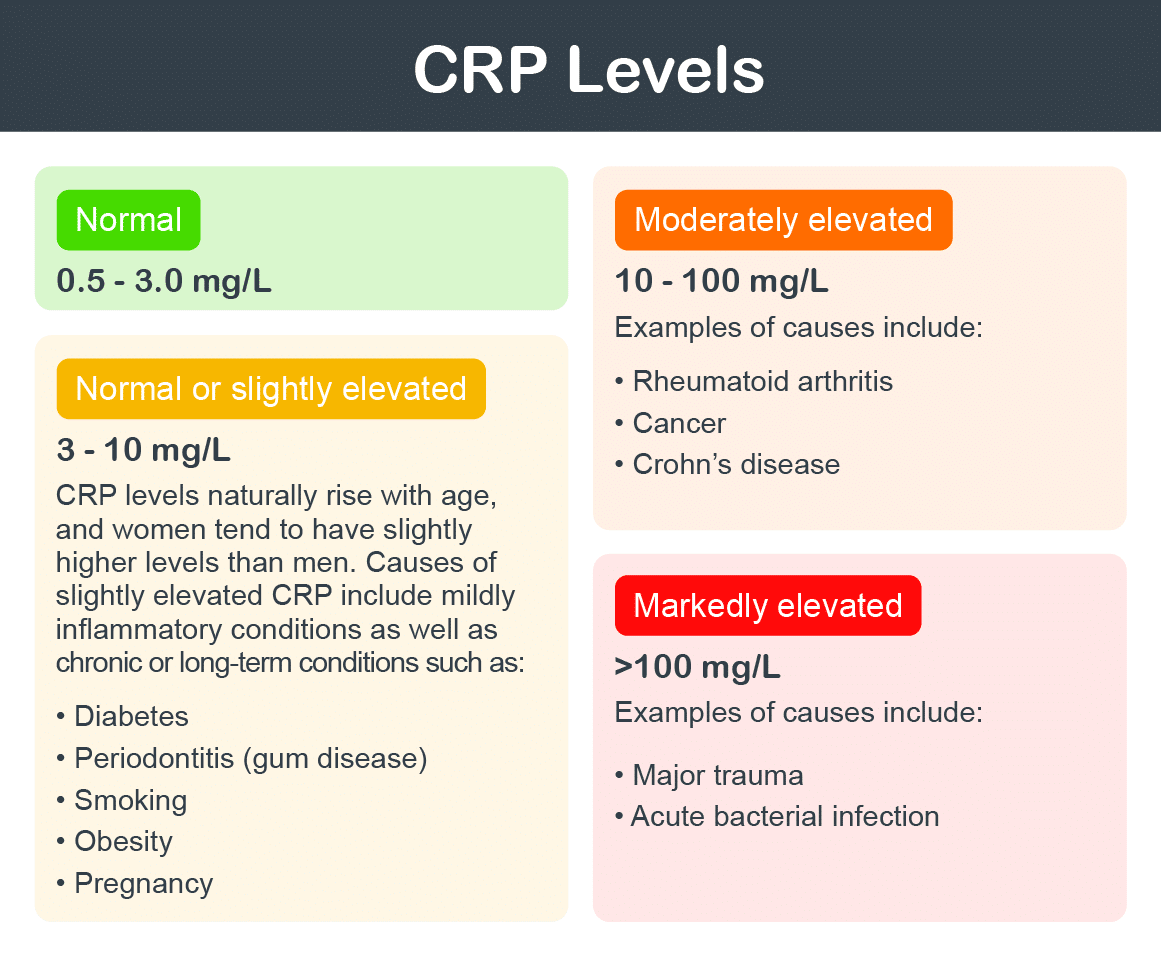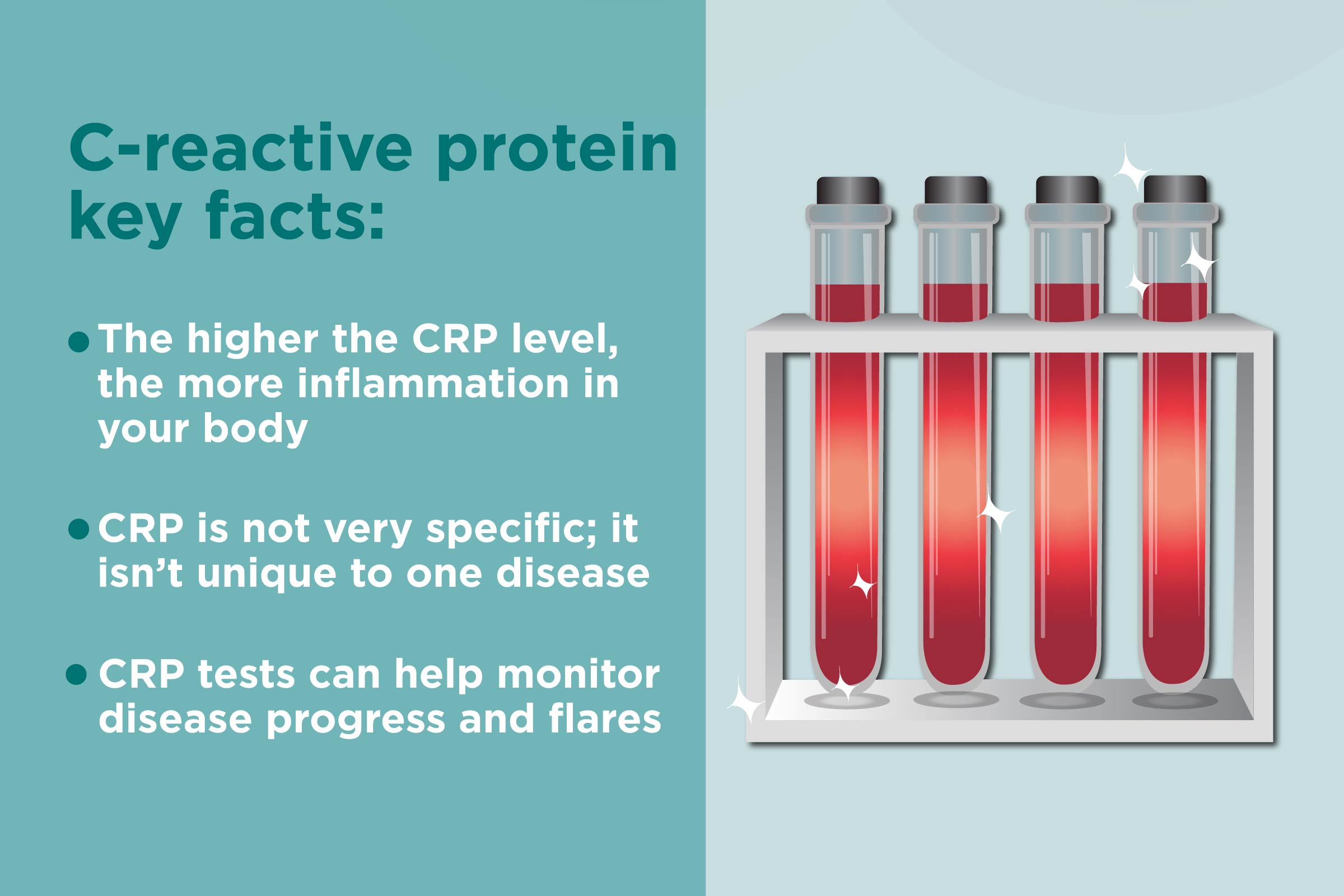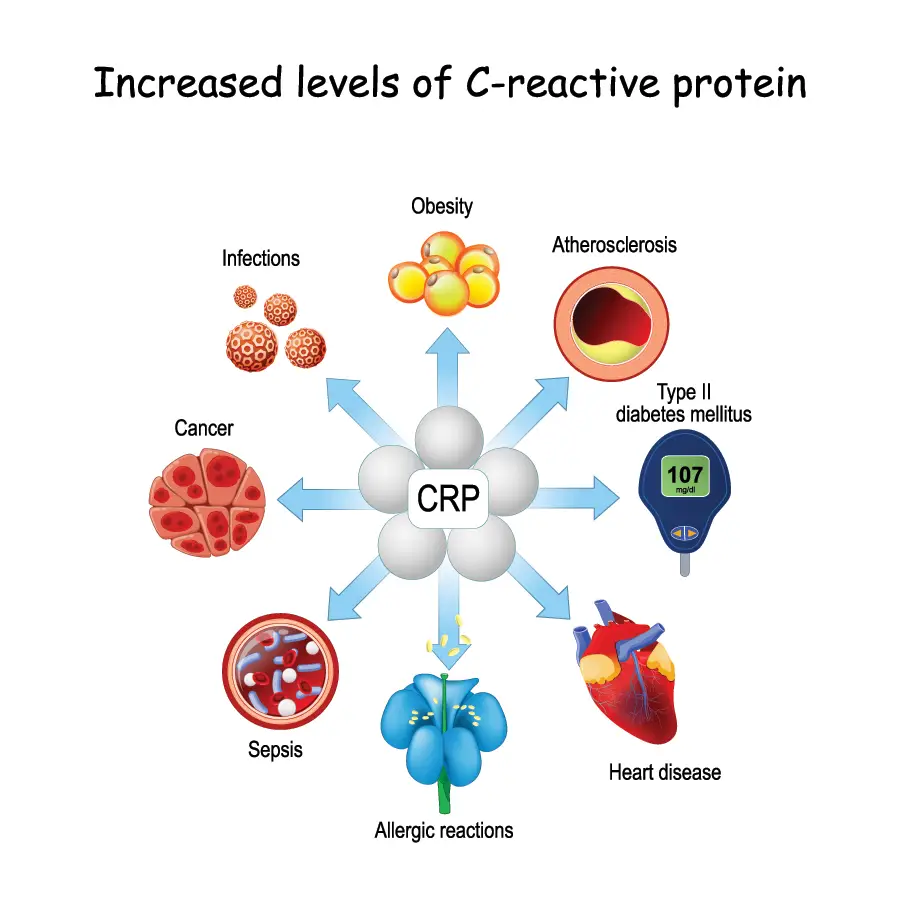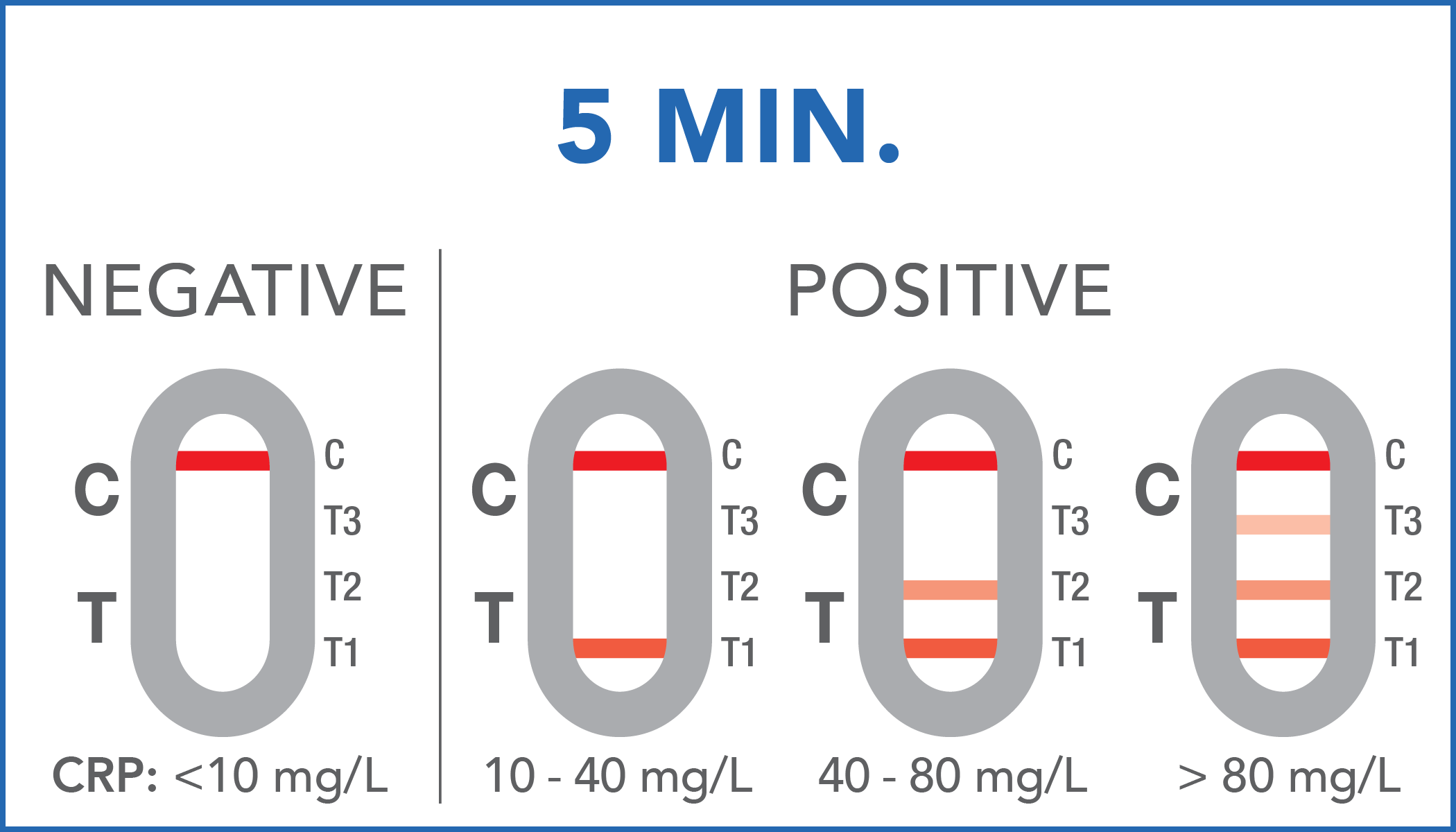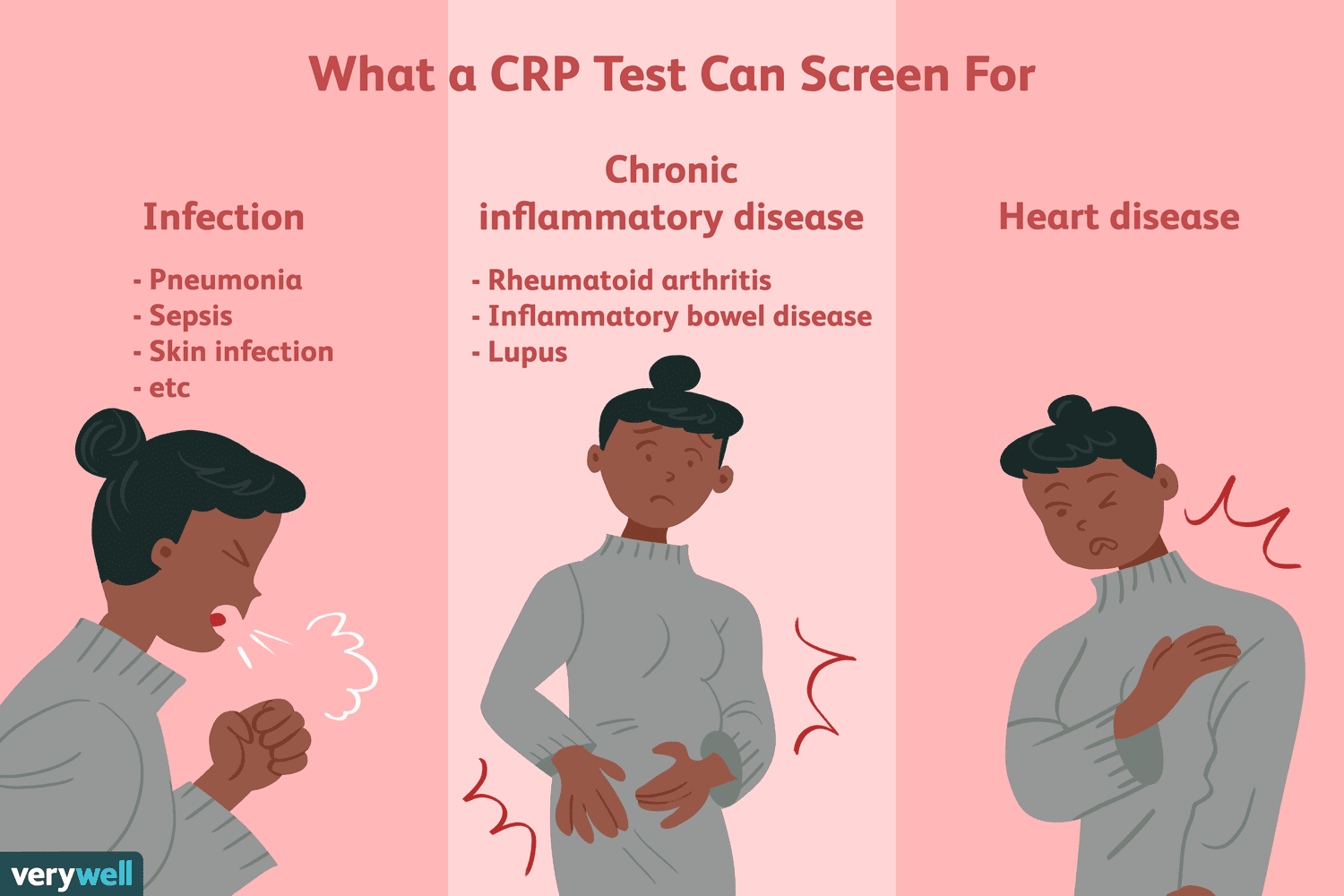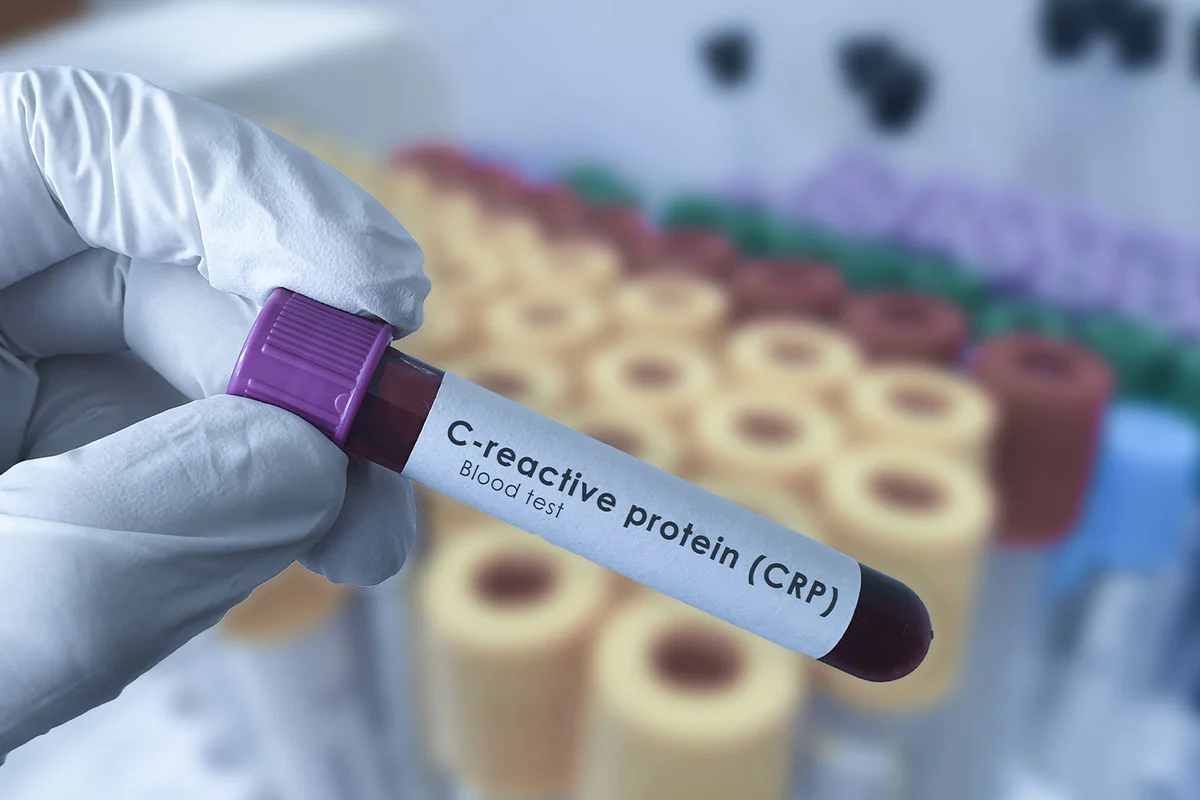
Key facts
- The C-reactive protein (CRP) blood test checks for inflammation in your body.
- A CRP blood test will show if there is inflammation in your body.
- A CRP blood test also helps to see how well you are responding to treatment.
- No special preparation is needed for a CRP blood test.
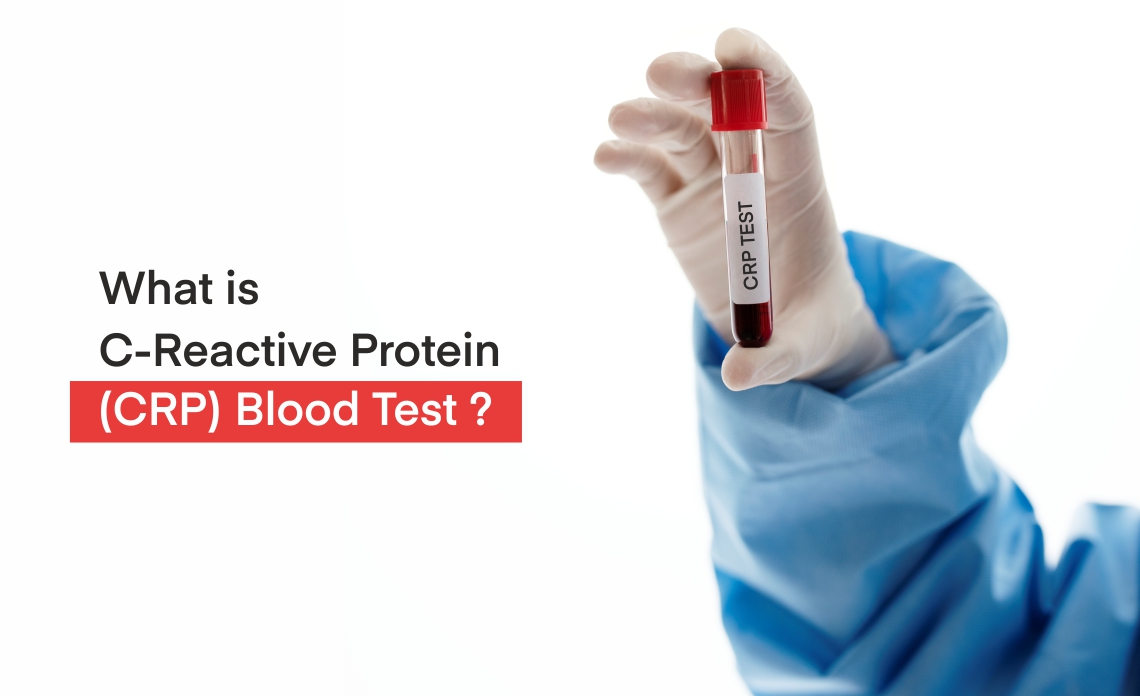
What is the C-reactive protein (CRP) blood test?
The C-reactive protein (CRP) test is a blood test that checks for inflammation in your body.
CRP is a protein that is made in your liver and released into your bloodstream. Levels of CRP start to increase very soon after any inflammation or infection affects your body.
The CRP blood test can be used to find out how severe inflammation is, or whether you are responding to treatment. It does not show where the inflammation is in your body.
Why would I need a CRP blood test?
Your doctor might recommend this test if they suspect that you have:
- an infection
- an illness related to inflammation, such as rheumatoid arthritis, lupus or inflammatory bowel disease (Crohn’s disease or ulcerative colitis)
CRP can help confirm if there is inflammation in your body. It can also help to see how well you are responding to treatment.
Sometimes, your CRP level is tested during pregnancy if your waters break early. In this situation, CRP can help show if an infection may be developing.
C-reactive protein high sensitivity (hsCRP)
A special type of CRP called a high-sensitivity CRP (hs-CRP) may help assess your risk of heart disease. This is used in combination with other risk factors you may have.
How to prepare for a CRP blood test
There is no special preparation needed for a CRP blood test.
However, if you are having other blood tests done there may be special preparations instructions.
It’s best to check with your doctor or the pathology collection centre. Ask them if there is anything you need to do before having your blood test.
What do my CRP blood test results mean?
A high CRP is more than 10mg/L. This shows that there is inflammation somewhere in your body. Other tests might be necessary to find out where or which specific illness or infection is causing the inflammation.
If you are being treated for an infection or inflammation, your CRP levels should decrease.
A normal CRP is less than 5mg/L.
You should always discuss your blood test results with your doctor to understand what they mean for you. Your doctor will consider your CRP blood test results in the context of your condition, treatment, underlying health and other test results.
